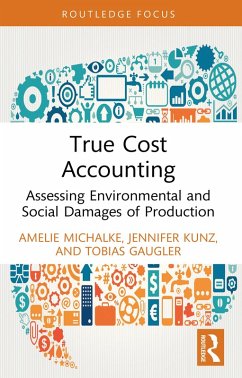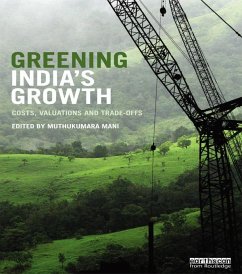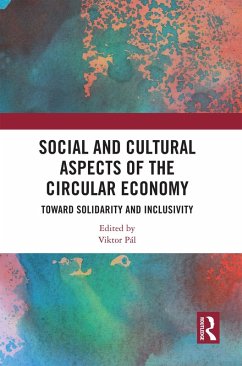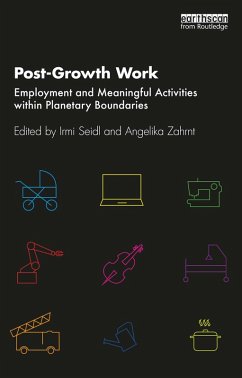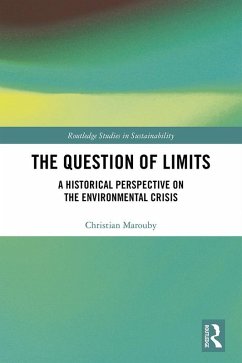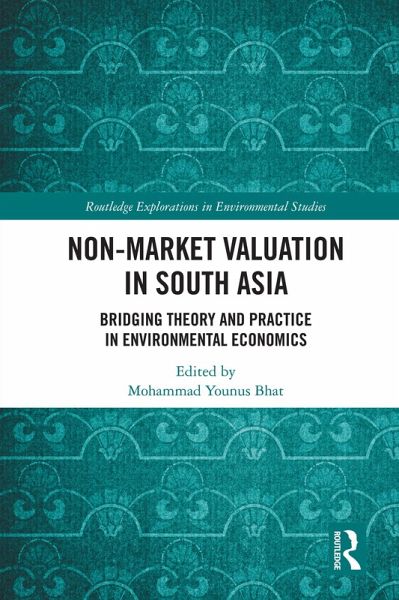
Non-Market Valuation in South Asia (eBook, PDF)
Bridging Theory and Practice in Environmental Economics
Redaktion: Bhatt, Mohammad
Versandkostenfrei!
Sofort per Download lieferbar
39,95 €
inkl. MwSt.
Weitere Ausgaben:

PAYBACK Punkte
20 °P sammeln!
This book provides a comprehensive exploration of the challenges and issues concerning the economic valuation of natural resources.The authors present methods and tools that can help in designing policies and frameworks for the sustainable use of natural resources. This is followed by an exploration of the use and non-use values provided by environmental resources, as well as reviewing the current environmental valuation techniques. Furthermore, the authors use meta-analysis to explore a range of South Asia-based case studies, including India and Bangladesh. Using this empirical evidence, they...
This book provides a comprehensive exploration of the challenges and issues concerning the economic valuation of natural resources.
The authors present methods and tools that can help in designing policies and frameworks for the sustainable use of natural resources. This is followed by an exploration of the use and non-use values provided by environmental resources, as well as reviewing the current environmental valuation techniques. Furthermore, the authors use meta-analysis to explore a range of South Asia-based case studies, including India and Bangladesh. Using this empirical evidence, they detail the various imperfections, challenges and prospects in the area of management and allocation of environmental resources, conservation of environmental biodiversity and sustainability. This book will serve as a useful reference for academics and analysts in developed and developing countries working in the areas of environmental economics, green economics and sustainable development.
It is also intended to encourage practitioners and managers in industry to deepen and expand upon their theoretical and practical understanding of the prevailing challenges associated with enhancing ecosystem services, improved solid waste management and restoring biodiversity of environmental resources.
The authors present methods and tools that can help in designing policies and frameworks for the sustainable use of natural resources. This is followed by an exploration of the use and non-use values provided by environmental resources, as well as reviewing the current environmental valuation techniques. Furthermore, the authors use meta-analysis to explore a range of South Asia-based case studies, including India and Bangladesh. Using this empirical evidence, they detail the various imperfections, challenges and prospects in the area of management and allocation of environmental resources, conservation of environmental biodiversity and sustainability. This book will serve as a useful reference for academics and analysts in developed and developing countries working in the areas of environmental economics, green economics and sustainable development.
It is also intended to encourage practitioners and managers in industry to deepen and expand upon their theoretical and practical understanding of the prevailing challenges associated with enhancing ecosystem services, improved solid waste management and restoring biodiversity of environmental resources.
Dieser Download kann aus rechtlichen Gründen nur mit Rechnungsadresse in A, B, BG, CY, CZ, D, DK, EW, E, FIN, F, GR, HR, H, IRL, I, LT, L, LR, M, NL, PL, P, R, S, SLO, SK ausgeliefert werden.






